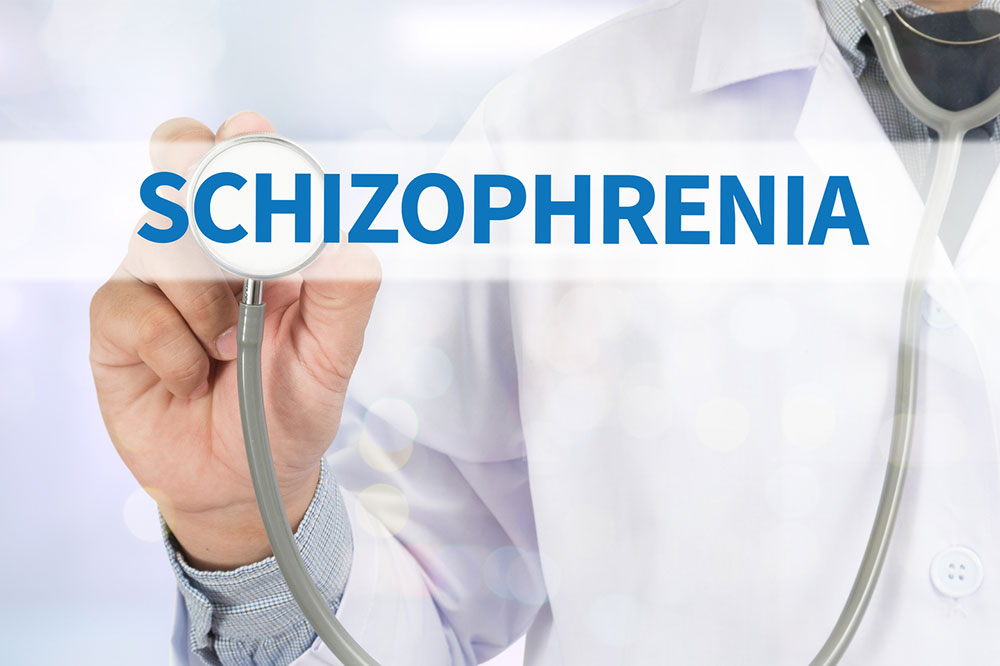Positive and negative symptoms of schizophrenia
Schizophrenia is a chronic and severe mental disorder that affects a person’s ability to think, feel, and behave clearly in everyday situations. Schizophrenia is not quite common in its occurrence as many other mental disorders; however, its severity is considered to be one of the most extreme. In the following, some of the main symptoms of schizophrenia have been outlined.
Positive symptoms
These symptoms are severe, physically manifested, and can cause a patient to completely lose their grip on reality.

Delusions: Delusions are any beliefs that might seem strange to everyone else but maybe taken seriously by the patient. It can be of varying intensities but they will believe the fact completely; for example, they may believe they suffer from an illness though they have no actual symptoms.
Hallucinations: The patient may feel that they can see people who are not physically present or even hear voices talking to them. They may also be convinced that someone is trying to poison them.
Dysfunctional thinking: Schizophrenic patients experience a lot of confusion in their thought process. They often cannot communicate effectively and may even seem distracted or lost when they are spoken to.
Irregular body movements: Patients might seem catatonic for hours or extremely jumpy at times.
Negative symptoms
The negative symptoms of schizophrenia refer to an imbalance in the emotional abilities of the patient. The initial negative symptoms are often referred to as the prodomal phase of schizophrenia.
Flat affect: Patients often express themselves in a dull or flat manner. This flat affect is often reflected in their voice when they speak in a flat tone that seems devoid of emotion. They also are unable or experience a severe reduction in emotional expressiveness. Schizophrenic patients may rarely smile or react with fluid emotions.
Inability to feel joy or pleasure: Patients with schizophrenia become unable to feel happiness or joy even when something good happens to them. Their reactions may seem mundane or dull.
Withdrawal from relationships: Patients with schizophrenia may tend to withdraw from friends and family. They may refuse to find pleasure in activities that require them to socialize. They might also demonstrate high levels of apathy to the world around them.
Inability to complete tasks: Schizophrenia also leaves an affected individual confused and unable to follow through on any task that they might have started.




